A Book a Day Keeps the Doctor Away?
3 Min Read • Growth Mindset
Can reading fiction actually make us happier, healthier people? It turns out the answer could be yes.
According to Ceridwen Dovey in her article in the New Yorker:
Reading has been shown to put our brains into a pleasurable trance-like state, similar to meditation, and it brings the same health benefits of deep relaxation and inner calm. Regular readers sleep better, have lower stress levels, higher self-esteem, and lower rates of depression than non-readers. “Fiction and poetry are doses, medicines,” the author Jeanette Winterson has written. “What they heal is the rupture reality makes on the imagination.”
Reading=Therapy?
Reading is good for you in all sorts of ways but there are people who are actually using literature as a form of therapy. Two women who are friends and colleagues from Cambridge, England and who once recommended books to one another to help each other through difficult life issues have written a book a day about and are currently practicing a form of bibliotherapy out of the School of Life in London, England. One of those women, Susan Elderkin, was interviewed by Rachel Martin on NPR’s “All Things Considered.”
In that interview Susan explained, “Books, we believe, can help you in many different ways. Sometimes it’s a sense of company or solace that you’re not the only one who’s been in this situation or mental state, and sometimes a book a day cure just through the rhythm of their prose.” In his article, Dovey quotes Susan Elderkin’s colleague, Ella Berthoud, as saying, “Bibliotherapy, if it existed at all, tended to be based within a more medical context, with an emphasis on self-help books. But we were dedicated to fiction as the ultimate cure because it gives readers a transformational experience.”
Depending on your personal needs, likes and reading habits, Susan and Ella recommend a book a day and they feel will help heal you or help you move through the issue or problem you are facing. From what I’ve read on the subject it seems that literary fiction (writing that is more about themes, characters and the words themselves rather than the plot) has more positive effects on the reader than mainstream or popular fiction which focuses more on the plot. While there may not be much action, the characters are grappling with deeper issues and therein lies the therapy.
Benefits Our Students
Hearing this interview and thinking about all the possible benefits of reading got me thinking again about why it is so important to turn our students onto reading, especially complex literary fiction. While some people find a love of reading in high school or beyond because of an inspirational teacher or because a life-changing book found its way into their hands, if we really want to create proficient, passionate, regular life-long readers it’s best to infect students early on in elementary school.
We educators are not therapists (and neither are Elderkin or Berthoud the bibliotherapists, by the way) but we can still try to understand our students and guide them toward books that may help them learn more about things they already love and grapple with issues they are facing in their own lives. Although the book Berthoud and Elderkin co-authored that lists conditions with corresponding reading suggestions, “The Novel Cure: An A-Z of Literary Remedies,” is intended for adults they are working on a book a day for children due to be released in 2016, “A Spoonful of Stories.”
With all the emphasis on non-fiction these days, it is important to remember that quality literary fiction has an important place in our classrooms as well. This is not to suggest that our goal as educators is to double as therapists but that we mustn’t forget that we are teaching the whole child and a great work of fiction may be just what the doctor ordered.



